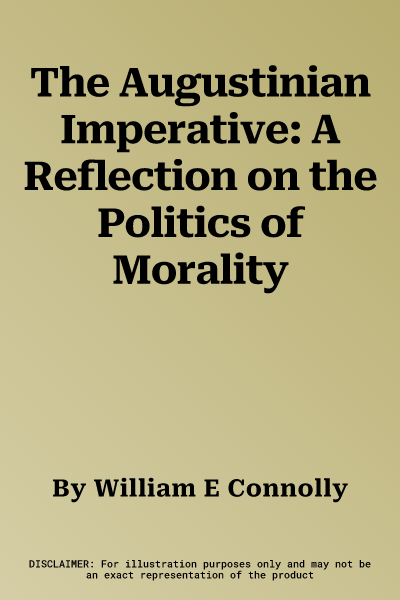William E Connolly
(Author)The Augustinian Imperative: A Reflection on the Politics of MoralityPaperback, 16 February 1993

Temporarily out of stock
Free Delivery
Cash on Delivery
15 Days
Free Returns
Secure Checkout

Part of Series
Modernity and Political Thought
Part of Series
Sage Library of Social Research
Part of Series
False
Print Length
192 pages
Language
English
Publisher
Sage Publications, Inc
Date Published
16 Feb 1993
ISBN-10
0803936370
ISBN-13
9780803936379
Description
Product Details
Author:
Book Format:
Paperback
Date Published:
16 February 1993
Dimensions:
21.51 x
13.46 x
1.47 cm
ISBN-10:
0803936370
ISBN-13:
9780803936379
Language:
English
Location:
Thousand Oaks
Pages:
192
Publisher:
Weight:
285.76 gm